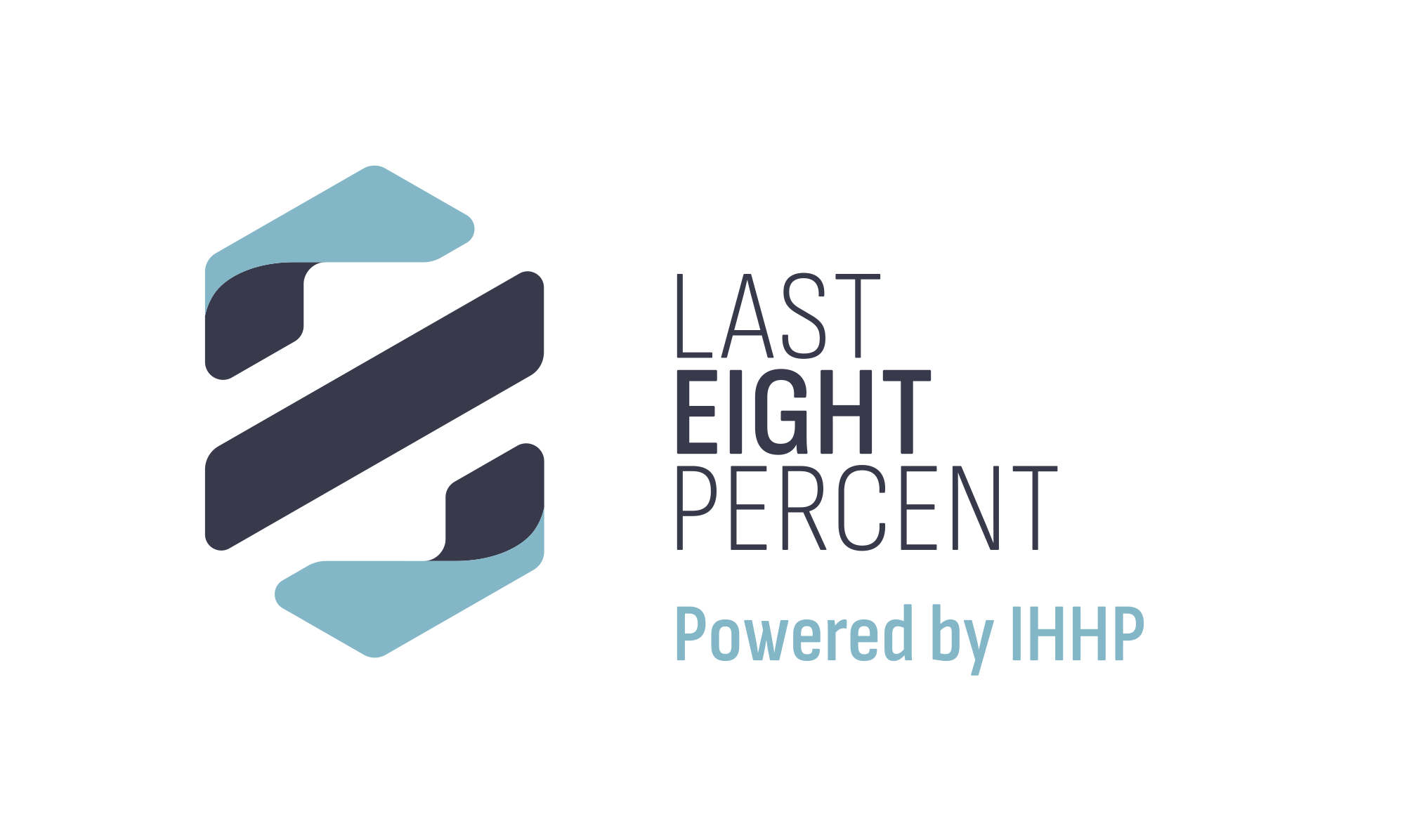Original Publication: AFR Weekend
Original Publication Date: April 6, 2016
Do you believe that you perform at your best when under pressure? When a deadline is rushing at you, the adrenalin is pumping and momentous decisions have to be made on the spot?
Well, you’re wrong. Nobody performs better under pressure: they just think they do.
Performance coach Dr J. P. Pawliw-Fry says pressure diminishes our judgment, decision-making, attention, and performance – no matter the task.
Around 67 per cent of people believe pressure helps them rise to the occasion, he says. A study of 12,000 people shows they believe they are more creative when they work towards a severe deadline, yet daily questionnaires of those same people showed they were less creative when “working against the clock”.
That ongoing study, by Harvard Business School professor Teresa Amabile, also demonstrates a creativity “hangover”, where pressure diminishes creativity for the next two days as well.
“Time pressure stifles creativity because people can’t deeply engage with the problem,” Professor Amabile told Pawliw-Fry for the book he co-authored, How to Perform Under Pressure: The science of doing your best when it matters most.
People get confused between “getting stuff done” and “doing good work”.
Pressure and quality don’t mix
“Yes, time pressure can stop us from procrastinating, get us off our rear ends, and help us actually get more things done … Pressure sure might make you feel more creative, but it does not help you do higher quality work,” says Pawliw-Fry.
In fact, creativity under pressure usually means that the project gets “killed” and loses its funding, according to Professor Amabile.
Pawliw-Fry is a co-founder of the Canada-based Institute for Health and Human Potential, advises business leaders and Olympic athletes, and has undertaken a study of more than 12,000 people over seven years to discover what makes some people handle pressure better than others.
The first thing to understand about pressure is that it is not the same thing as stress.
Pressure is a situation where you perceive that something at stake is dependent on the outcome of your performance. Stress relates to the feeling we have when we feel we don’t have the resources or ability to meet demands.
With pressure, success is the goal. Stress requires a reduction in demands.
Seeing pressure as a threat undermines self-confidence, elicits fear of failure, impairs short-term memory, attention and judgment, and spurs impulsive behaviour.
Tired, inattentive and forgetful
“It also saps your energy,” according to Pawliw-Fry. “Our blood vessels are lined with smooth muscle; when we see a pressure situation as a threat, our body releases noradrenalin, which acts to vasoconstrict these muscles.
“The lungs become constricted by noradrenalin as well, so there is less oxygen exchange. The end result is that you tire far more easily.”
Pawliw-Fry says there are differences between the ways men and women handle pressure. “Women take more into consideration when they make a decision under pressure than men do,” he told a recent Sunsuper Game Changers breakfast in Sydney.
“That is a huge opportunity for organisations to take advantage of. Women deal with pressure differently to men. Men tend to isolate themselves and go on their own. Our study found that women tend and befriend; they to reach out to other people and talk about it.
“Men, what are we waiting for? We are so afraid to be vulnerable. Men have more work to do on this in open decision-making and taking in more data.”
Pawliw-Fry has isolated the 10 per cent of people from his study who perform best under pressure (being promoted more regularly and advancing their careers) and found that they were able to manage themselves and the pressure better than others around them. Here are some of the strategies they use:
How to handle pressure better
1. You don’t need to be perfect. Expect to make a mistake under pressure and, when it happens, you could view it as “water off a duck’s back”, rather than a performance-killing disappointment.
2. Prepare yourself. It is a mistake to only focus on the details. When he gets ready for an important presentation, Pawliw-Fry uses the “green room” to adopt an open posture, with arms out for 90 seconds, practises his opening lines five to seven times and recalls times when he was “on fire”. “Trust that you have everything you need to be successful,” he says.
3. Stay open. High-performers are able to avoid becoming defensive when criticised. “They admitted a mistake and listened without jumping to conclusions.” This helped them stay open to the information and increased their observational awareness.
4. Reframe. “Most of us see crisis situations as a crisis or a threat … and we get more sensitive to failure. It impairs our short term memory,” he says. If you see it as a challenge or opportunity, you will get more adrenalin, more blood flow to the brain and you will get more energy and think more clearly.
5. Powerful questions. Ask yourself what can you control? How can you see this as an opportunity to grow? What action can you take?
6. Rescue. When you are about to go into a high-pressure situation, write down your emotions, thoughts and physical sensations. “Don’t censor yourself: what does the critic say? Then crumple it up and throw it in the garbage.” This helps clear the working memory and improves performance.

